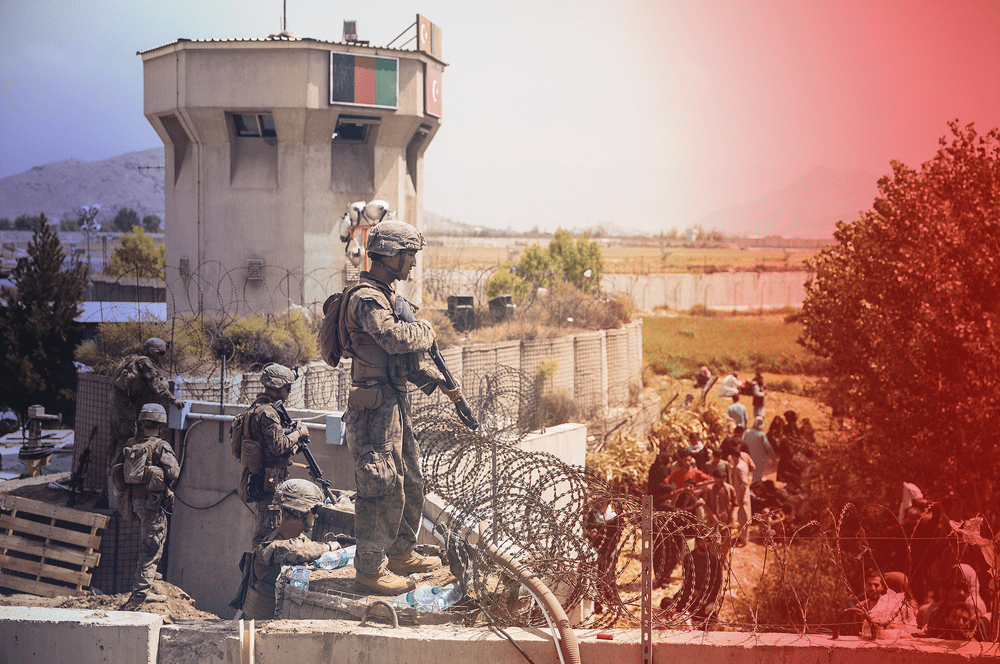The Hell of Bad Assumptions: Lessons from Afghanistan

In the aftermath of 9/11, America’s political leaders leaped to action based on what turned out to be a series of misplaced and untested assumptions. From conflations between the Taliban and Al Qaeda to misguided theories about nation-building, these assumptions drove two decades of policy failure in Afghanistan. Critical missteps came with a human cost for both American soldiers and Afghan civilians.
In this episode of None Of The Above, IGA’s Mark Hannah sits down with Michael Cohen and Monica Duffy Toft of the Afghanistan Assumptions Project to analyze the key beliefs and decisions that shaped America’s longest war.
Listen Here: Apple Podcasts | Amazon Music | Libsyn | Soundcloud | Spotify | RSS

Michael A. Cohen is a columnist for MSNBC and a Senior Fellow and co-director of the Afghanistan Assumptions Project at the Center for Strategic Studies at the Fletcher School, Tufts University. He writes the political newsletter Truth and Consequences. He has been a columnist at the Boston Globe, Guardian, and Foreign Policy and a nonresident fellow at the Institute for Global Affairs. He is also the author of three books, the most recent being Clear and Present Safety: The World Has Never Been Better and Why That Matters to Americans.

Monica Duffy Toft is a professor of International Politics and founding director of the Center for Strategic Studies at Tufts University’s Fletcher School of Law and Diplomacy. Prior to Tufts, Toft was a Professor of Government and Public Policy at Oxford University’s Blavatnik School of Government and an assistant and associate professor at Harvard’s Kennedy School of Government.
This post is part of None Of The Above, a podcast of IGA hosted by senior fellow Mark Hannah.





